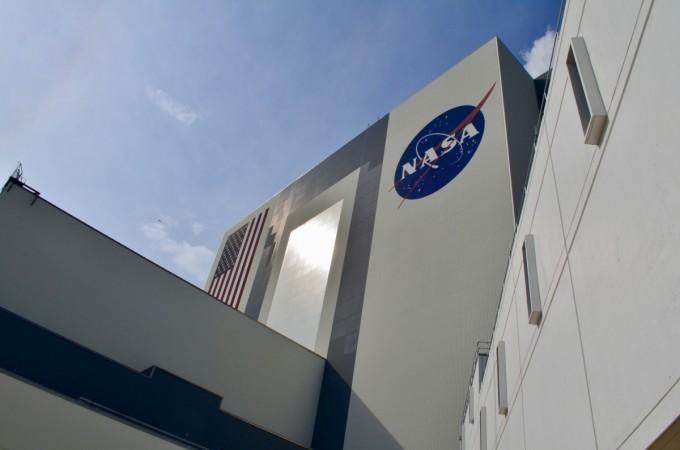As the first step to achieve the ultimate goal of Mars colonization, NASA, the United States space agency will launch its Artemis lunar landing program in the coming years. The space agency has now invited applications for astronauts who will be embarked for manned missions as a part of the Artemis program.

A milestone mission awaiting astronauts
Jim Bridenstine, the NASA administrator, in a statement, confirmed this news, and he revealed that the new astronauts will be part of the upcoming manned lunar and Red Planet missions. Applicants interested in escaping in going beyond the earth to explore the deepness of the cosmos can apply via NASA's official application link before March 31, 2020.
The newly selected people will join the elite league of present-day NASA astronauts comprised of 48 members, and 350 astronauts in NASA's history. As per the space agency, the selected astronauts will visit multiple destinations that include the International Space Station (ISS), Mars and the moon.
"America is closer than any other time in history since the Apollo program to returning astronauts to the Moon. We will send the first woman and next man to the lunar South Pole by 2024, and we need more astronauts to follow suit on the Moon, and then Mars. We're looking for talented men and women from diverse backgrounds and every walk of life to join us in this new era of human exploration that begins with the Artemis program to the Moon. If you have always dreamed of being an astronaut, apply now," said Jim Bridenstine in the statement.
Conditions apply for NASA's astronaut program
In order to apply for this astronaut candidature program, the applicant should be a citizen of the United States. The applicant should also hold a master's degree in science, technology, engineering or mathematics.
"Candidates also must have at least two years of related, progressively responsible professional experience, or at least 1,000 hours of pilot-in-command time in jet aircraft. Astronaut candidates must pass the NASA long-duration spaceflight physical," said NASA.














